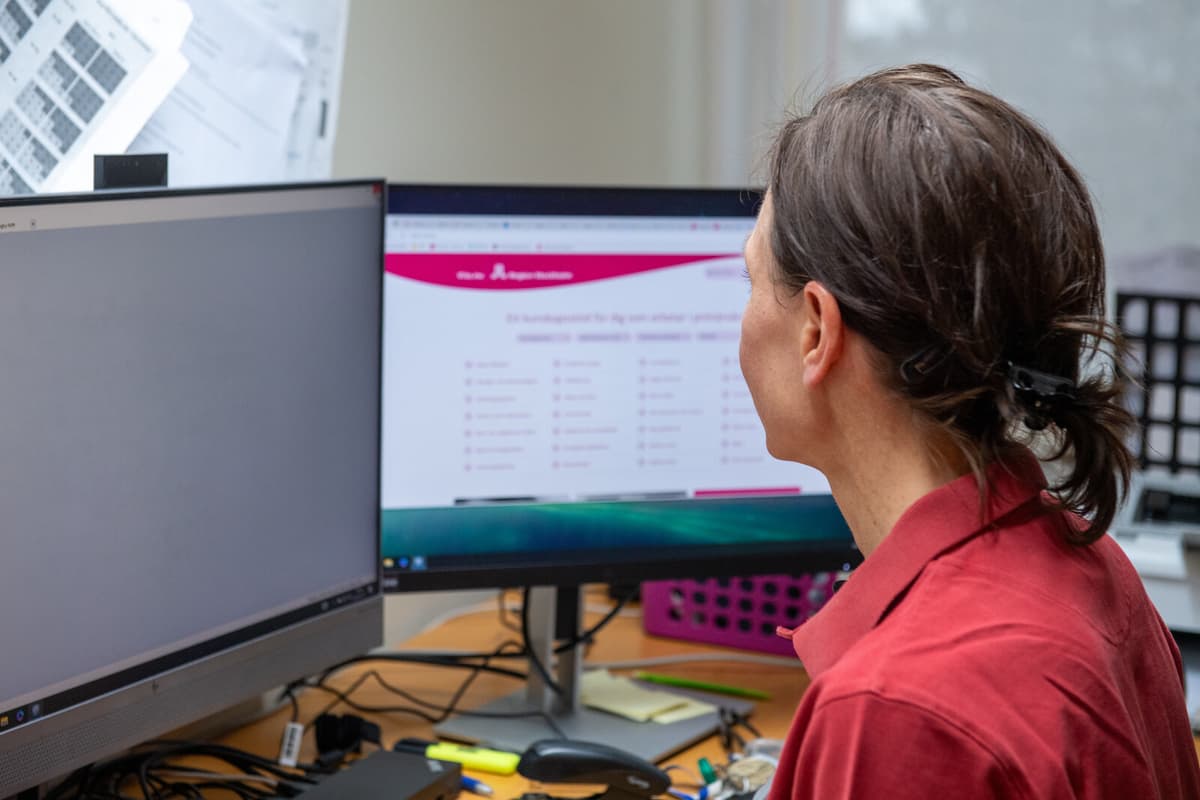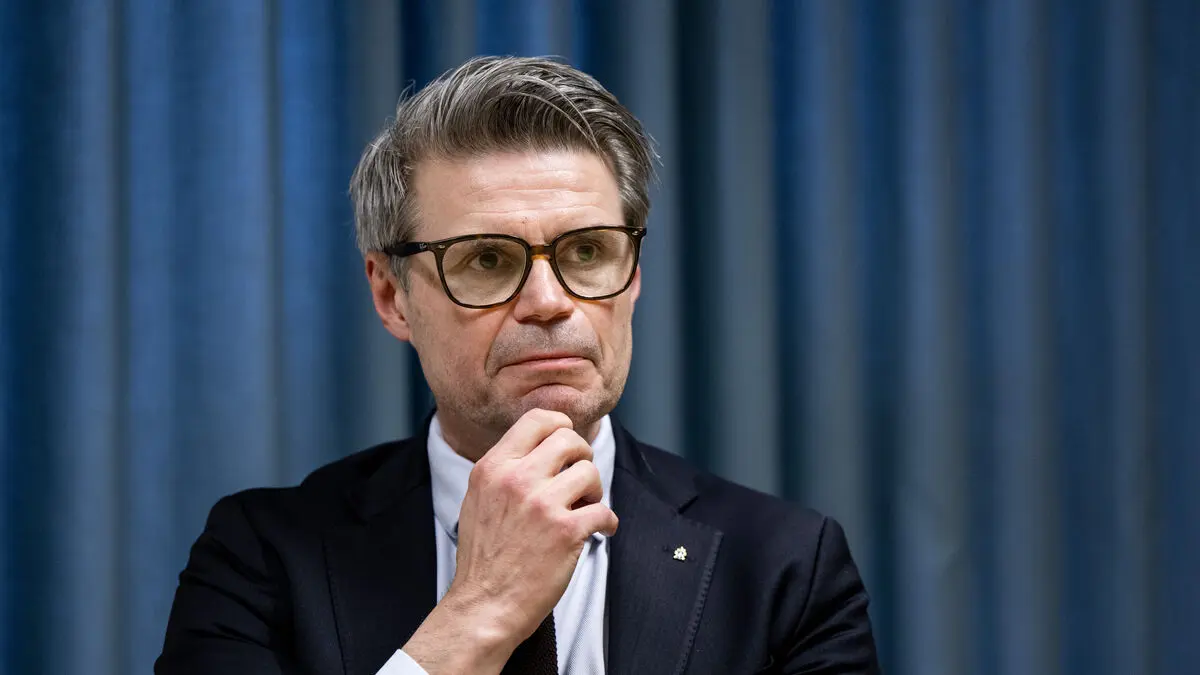Artificial intelligence (AI) is being tested and used in several medical fields, for example, to detect breast cancer from mammography images or to make an initial assessment of patients in emergency care.
When the Swedish Medical Association asked its members, it turned out that a quarter use AI in their work, many daily, and the most common area of use is for writing patient records. However, 55 percent of the respondents feel that there is a lack of policies for when and how they are allowed to use it. Approximately the same number believe that the lack of basic knowledge about AI in healthcare is an obstacle.
Sensitive data
Healthcare is a vulnerable environment where we handle sensitive data, and the technology risks drawing incorrect conclusions. It is simultaneously clear that employers do not prioritize this, says Rydgren Stale.
She believes that there are opportunities to streamline and facilitate work in healthcare with various AI solutions. However, when there are no clear rules for how and when it is allowed to be used, there is a risk that Sweden will fall behind. Among other things, 47 percent of the doctors who responded believe that there is uncertainty about the legal consequences of increased AI use.
The Medical Products Agency has developed guidelines for AI in healthcare, stating that the healthcare provider should conduct a risk and consequence analysis before implementation. The government has also appointed an AI commission, which is to report in July 2025. It will propose measures to strengthen the development and use of AI in Sweden in a sustainable and secure manner. However, according to the Swedish Medical Association, it only addresses healthcare to a limited extent.
More state responsibility
To make it good and safe, Rydgren Stale thinks that the state needs to take greater responsibility for AI in healthcare.
More concrete writings are needed about when and in what form it is allowed to be used. There is a great political expectation that AI will save personnel and streamline. But many tasks in healthcare and care are difficult to automate, she says.
Petra Hedbom/TT
Facts: About the survey
TT
1,436 doctors from various specialties have responded to the Swedish Medical Association's survey. They come from both public and private employers and are spread across the country.






